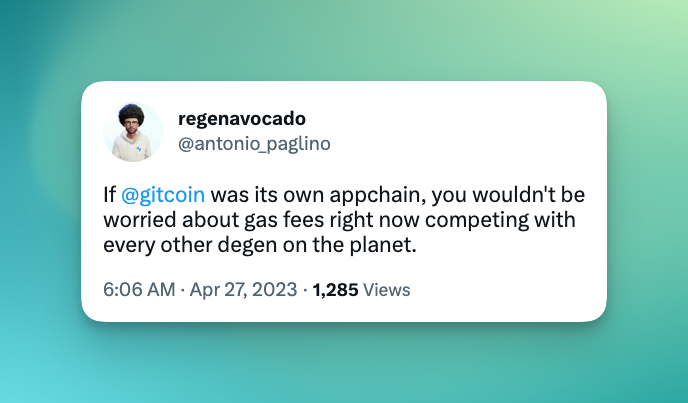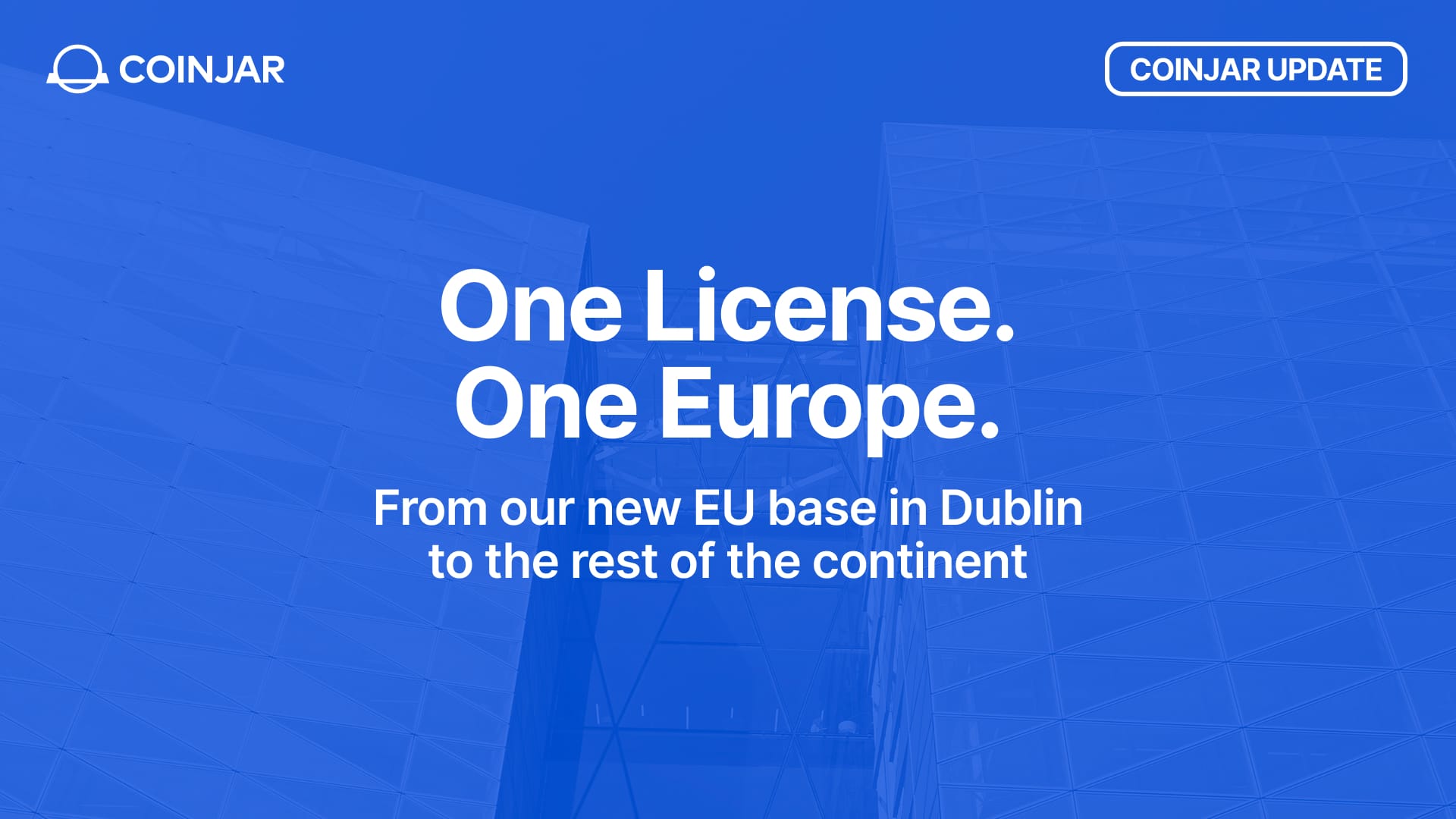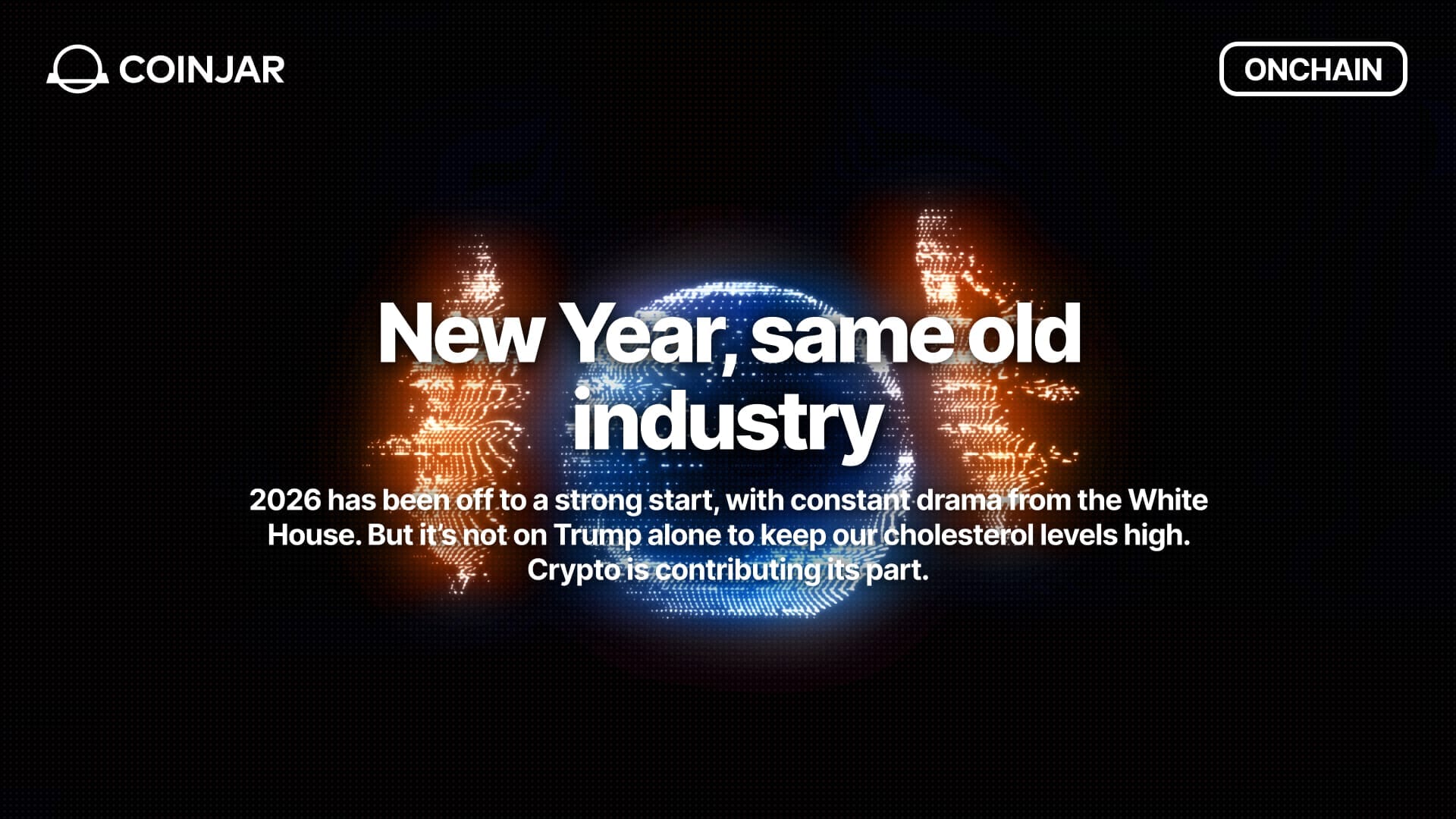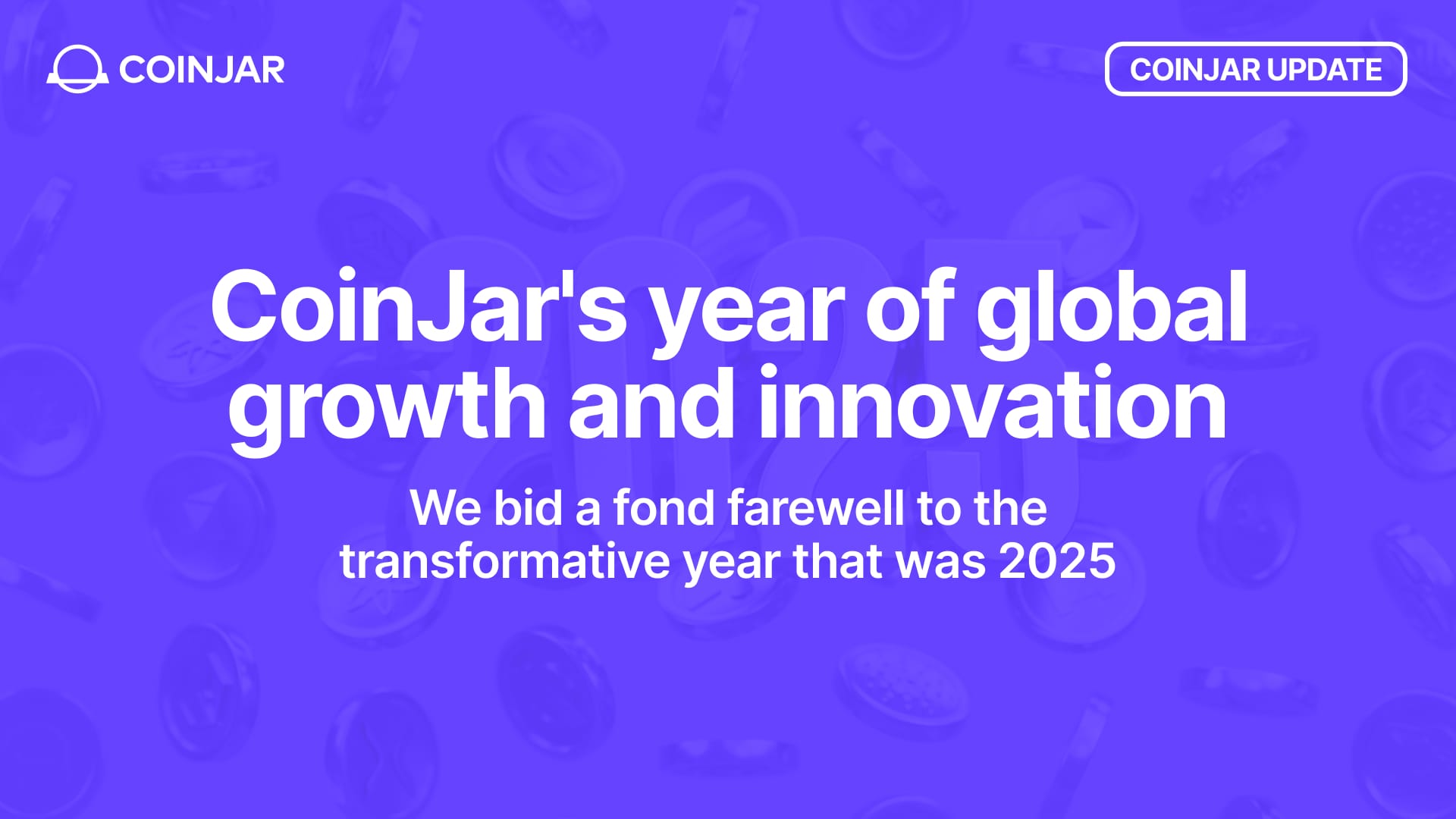Offchain: Into the Cosmos of appchains
May 3, 2023
Share this:

Is the future full of appchains, or is this just a phase?
As for another week, a frog meme coin called Pepe continues outperforming all the real builders in crypto; one can't help but feel like Logan Roy in Succession when looking at the crypto space.

Fortunately, unlike the integrity of Logan Roy's children, the builders persist and flock to two ecosystems in particular: Polkadot and Cosmos. Why is that?
What both ecosystems have in common is that they've built their infrastructure around the appchain thesis. Which brings us to the most obvious question:
What are appchains?
Appchain is short for application-specific chain and describes a blockchain dedicated to a single app. Imagine Netflix or Whatsapp, but built on top of their own blockchain instead of running servers on AWS.
Appchains usually run on top of existing layer-1 blockchains such as Ethereum, tapping into the Layer-1s security and development tools.
So far, so simple. But why exactly do projects decide to build appchains in the first place?
Reasons for appchains
While Ethereum has been host to the most vibrant DeFi ecosystem, every time the memecoins rally, so do gas fees. This isn't very sustainable for a dApp that has thousands of transactions to process and now must compete with others.
The more popular your dApp on a Layer-1, the more block space you use. Unfortunately, just like affordable housing in the metropoles of the world, block space is limited. Ethereum is a victim of its own success. If fewer people wanted to degen trade memecoins or buy NFTs, gas fees would never spike.
And while rollups and other scaling solutions flourish, some dApps have very specific requirements for their use case. That's when they go for an appchain.
Appchains offer:
- customizability: appchains provide freedom in making trade-offs as needed for one's industry or use case.
- performance: on an appchain, the only users are users of your app. There is no competition with other apps, providing a perfect environment to maintain low fees
- value capture: instead of paying fees to the layer-1 network, apps can capture more of the value created directly.
Gaming is often named a great fit for appchains as it requires a high volume of small transactions, and users don't get all maxi about which chain their game is on. Quite the opposite. If we've learned anything from game studios exploring NFTs, it's that gamers aren't very bullish on web3 anyway, so not naming blockchain in your game description might be a smooth move.
And it's not just games that benefit from running on their own chain. Last year, dydx announced they'd move away from Ethereum L1 and build an appchain. The derivatives trading platform chose Comos for its appchain as it enables seamless communication between chains in its ecosystem and allows dydx to optimize for high-volume trading.
However, because appchains shift from a supply to a demand-driven model, they don't make sense for apps that don't have market fit yet. And then there is another fact: getting appchains right is hard. Cosmos and Polkadot both took 5 years of development until launching their first full version.
They've also both seen their fair share of drama, which might have contributed to their continued appeal. After all, watching the Cosmos community beef over a lawsuit brought forward by one of their founders is roughly as entertaining as Succession minus the cinematic value.

Despite the drama, the building continues, and increasingly people point out that certain apps would benefit from not being in competition with the memecoins. And who is to say that Layer-2s and appchains have to compete?
In the future, we might have it all live peacefully in co-existence while users reap the benefits.
- Naomi from CoinJar
The above article is not to be read as investment, legal or tax advice and takes no account of particular personal or market circumstances; all readers should seek independent investment, legal and tax advice before investing in cryptocurrencies. This article is provided for general information and educational purposes only. No responsibility or liability is accepted for any errors of fact or omission expressed therein. CoinJar, Inc. makes no representation or warranty of any kind, express or implied, regarding the accuracy, validity, reliability, availability, or completeness of any such information. Past performance is not a reliable indicator of future results.
Share this:
On/Offchain
Your weekly dose of crypto news & opinion.
Join more than 150,000 subscribers to CoinJar's crypto newsletter.
Your information is handled in accordance with CoinJar’s Privacy Policy.
More from CoinJar Blog

CoinJar Unlocks European Expansion with MiCA Authorization
January 21, 2026CoinJar has just become a crypto asset gateway for Europe, having received full authorization from the Central Bank of Ireland as a Crypto-Asset Service Provider under...Read more
Onchain: New Year, Same old industry
January 15, 20262026 has been off to a strong start, with constant drama from the White House. But it’s not on Trump alone to keep our cholesterol levels high. Crypto is contributing its...Read more
Goodbye 2025: CoinJar's Year of Global Growth and Innovation
December 31, 20252025 saw CoinJar push into new regions and launch major product upgrades. Here's a preview of what lies ahead.Read moreYour information is handled in accordance with CoinJar’s Privacy Policy.
Copyright © 2025 CoinJar, Inc. All rights reserved.
CoinJar, Inc. is a registered Money Services Business with FinCEN and licensed as a money transmitter, NMLS #2492913. For a list of states in which CoinJar, Inc. is licensed or authorized to operate, please visit here. In certain other states, money transmission services are provided by Cross River Bank, Member FDIC.
This site is protected by reCAPTCHA and the Google Privacy Policy and Terms of Service apply.